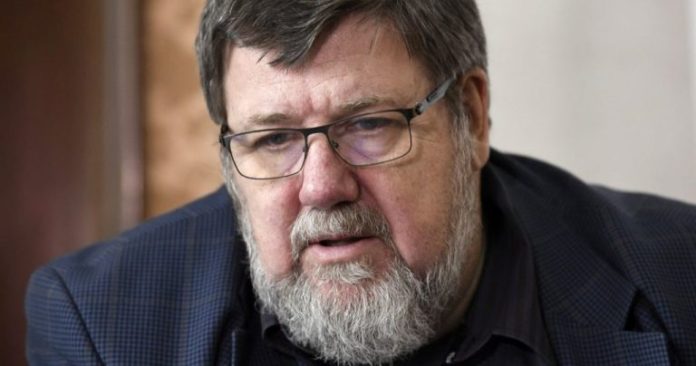The Pay Law must be discussed and negotiated first with the unions in Romania, not „negotiated” with the European Commission, the president of Cartel Alfa, Bogdan Hossu said in a statement sent to AGERPRES on Tuesday.
„The Cartel Alfa National Trade Union Confederation takes note of the information that appeared in the public space, according to which the Ministry of Labour is negotiating the Pay Law with the European Commission. It is a very serious thing, as long as the negotiations and consultations with the unions at the national level have not been completed. It is abnormal for a piece of legislation to be discussed at the level of the European Commission, without the form of the law being the result of a consultation with the social partners directly concerned by its provisions,” Bogdan Iuliu Hossu stressed.
According to the source, the sporadic discussions that have taken place so far with the unions on the topic of the new salary law „consisted in a few meetings at the level of some credit officers from the public system (and not all of them!), during which they were presented to some unions (not all from that sector!) the authorizing officer’s proposal, on that component”.
In his opinion, the construction of a new Wage Law the objective of which is to ensure equity must be accompanied by the reform of the distribution of the fiscal burden.
„We remind the political decision-makers that the worker goes home with the net income, and the tax burden on salary income is excessive. As we saw in the case of the Pension Law, the officials of the Ministry of Labour or the political decision-makers do not have the appropriate expertise for a legislative construction of such complexity, historically generating inequity in the public system and in society. The Cartel Alfa National Trade Union Confederation urgently requests the postponement of the discussions with the EU regarding the draft of the new Salary Law and the start of consultations at the national level,” Hossu said.
The Cartel Alfa National Trade Union Confederation was founded in 1990 to offer Romanian workers a real and democratic representation. The confederation is representative at the national level, brings together 38 trade union federations at the sector level and coordinates the activity of 42 territorial, interprofessional branches.
AGERPRES




